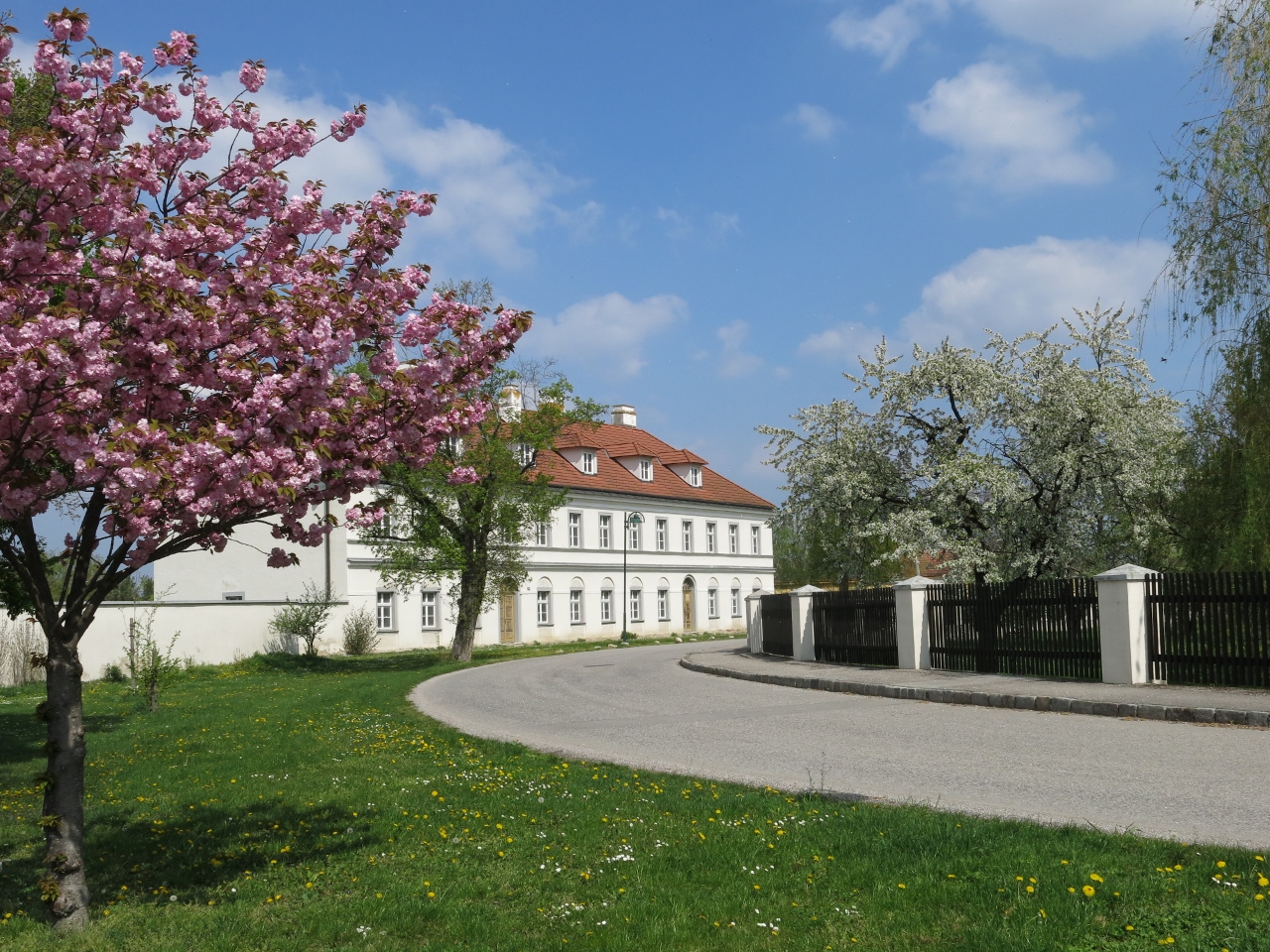 Twentieth Century English spiritual writer Caryll Houselander, waxes eloquently about the importance and beauty of the purposeful emptiness that occupies the center of our very being in her wonderful book, Reed of God. The title of the book also acts as a principle image as she exhorts us to be reeds of God, filled with the breath of God, the Holy Spirit, and allowing Him to pass through us to into the world beyond. The whole of her teaching is perhaps fittingly summed up in her words, “The one thing she [Mary] did and does is the one thing that we all have to do, namely, to bear Christ into the world.”
Twentieth Century English spiritual writer Caryll Houselander, waxes eloquently about the importance and beauty of the purposeful emptiness that occupies the center of our very being in her wonderful book, Reed of God. The title of the book also acts as a principle image as she exhorts us to be reeds of God, filled with the breath of God, the Holy Spirit, and allowing Him to pass through us to into the world beyond. The whole of her teaching is perhaps fittingly summed up in her words, “The one thing she [Mary] did and does is the one thing that we all have to do, namely, to bear Christ into the world.”
I am blessed to be able to spend the summer here at the ITI with my family. Being sensitive to the needs of families, the ITI wisely and mercifully has no expectations that families can move out of their apartments for the summer as the single students do. No, the families remain in their place, working and living and surviving the summer heat as we are able. But it is this distinction in the kinds of students at the ITI; the variety in the ways of Christian life represented in the student body, that is a great strength of the school. How fitting for the families to remain! We represent the stability of Christian life and are blessed to be images (however imperfectly) of the Heavenly Home towards which we are all striving. So also, the single students represent and remind us of our pilgrim state, that “we have here, no lasting city” (Heb. 13:14). This life is a journey.
I could go on about the various ways each kind of group can and does benefit the overall life of the school, expounding on the evident graces we have from having student-seminarians, religious and priests; or the great meeting of East and West, but this will lead us way from the final purpose of this little reflection. Now is not the time because all of these benefits are, as it were, suspended, while the vast majority of the student body is away. Indeed, the whole Institute feels as though it is an empty reed, and even outside summer programs do little to enliven the place. There is a kind of hope filled expectation in the air as the Institute awaits the return of her students, who are the purpose and life of the school.
What a humbling thing to be a part of this! All our generous donors and dedicated faculty and staff are all here for the students. While this is true anywhere, at the ITI this takes on a special importance and significance. First of all, because we are a school of theology. Here we study the most important of all the sciences, and consequently are entrusted with the greatest responsibilities. Moreover, we stand out from other theological schools because we have a special mission as found in the four pillars of our Institute. The ITI is a kind of focal point for dialogue and the meeting place for the various parts of the Catholic Church. It is as a microcosm of the global Catholic Communion. Consequently, our ability to succeed, to learn from one another and with one another, to grow in charity together, and, in short, act as reed of God, can portend either success or greater struggle for the whole of the Church here on earth.
Therefore, while certainly always at least tacitly acknowledged in the midst of the busy academic year, it is the summer where we experience so keenly how the students comprise the “that for the sake of which” of the school. All things at this Institute are and should be ordered to her students. For, if the Institute is a reed of God, then we students in turn are as the breath of God; and if we are as the breath of God, then we must bring the life and light of God into the world. This is a great and wondrous thing, indeed.